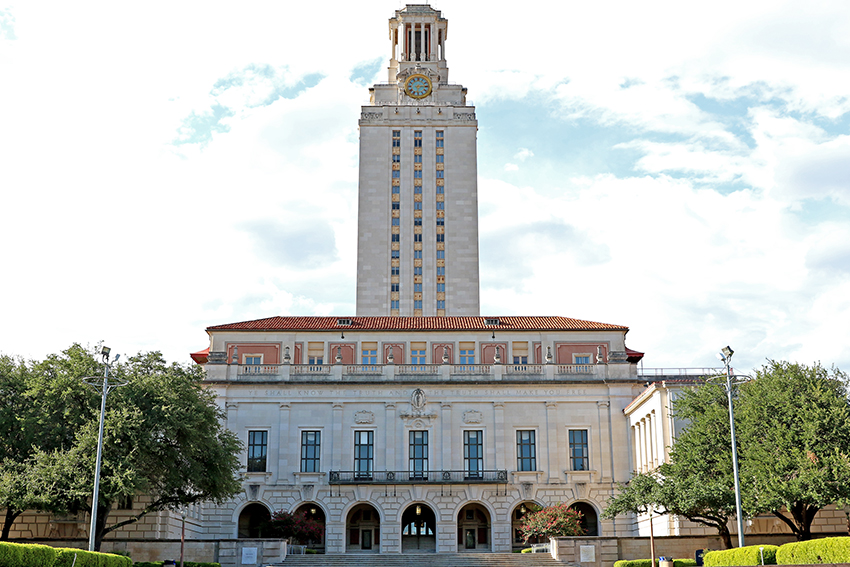#BlackLivesMatter, #UnfairAndLovely, #SayHerName, #DefendDACA and the most recent #TakeAKnee are just a few examples of hashtags that have pushed social movements into the forefront of mainstream news coverage and culture via social media — specifically Twitter — since the beginning of this decade.
The marriage of social media and social justice has become more apparent with the ‘twitterverse’ exploding in videos, hashtags and personal accounts of people defending their rights. Students, and all people alike, should use social media as a platform to voice their concerns on social issues, especially if they believe they’re not being heard.
Activist DeRay Mckesson spoke at John Hopkins University last year at a student-run symposium: Milton S. Eisenhower Symposium. Here, Mckesson refers to social media being used as a method of advocating for the self and not relying on media giants to accurately portray protesters, in the context of the Ferguson protests and the Black Lives Matter movement. “People of color are always facing issues of erasure, and erasure operates in two ways — one, the story is never told, or it’s told by everyone but us,” Mckesson said. “And in this moment, we became the unerased.”
The media continually misrepresents the experiences of people of color and other oppressed groups. The coverage of the wrongful death of 18-year-old Michael Brown by The New York Times stated he “was no angel” and that “He had taken to rapping in recent months, producing lyrics that were by turns contemplative and vulgar.”
Though the article acknowledges the good things about Brown, his experiences were still framed as irregular, and the language is still problematic because it pigeonholes the identity of Brown. Platforms such as Twitter and Vine can be used by protesters and activists to organize and start a larger, more concrete conversation about police brutality, the BLM movement and other important social issues. If we’re able to share our own experiences, then we can reclaim them organically.
However, with social media activism comes the drawback of unaccountability. Oftentimes, stories are shared and onlookers are quick to retweet, like and ‘clapback’ without even reading the piece. It can be an environment where people make judgments without having all of the facts or the experiences to make valid claims about political or social movements.
But, having conversations that usually do not happen in other spaces triumphs the often chaotic nature of social media platforms. Other social media trailblazers, such as writer and activist Janet Mock, began the #GirlsLikeUs hashtag, which was created by Mock to help her connect to the transgender community, as well as her ‘user story-sharing’ Tumblr, I AM #RedefiningRealness. These platforms help create a safe space for transwomen on the internet and redefine what social media can be used for — the act is revolutionary. Mock, like many other activists, is taking spaces like the internet and co-opting them for radical change and inclusivity.
The internet and social media are no longer just intangible data, they’ve become graspable because of their ability to validate the experiences of marginalized groups, thanks to individuals willing to share their stories and activists and writers like Mock. It’s representation on a scale that’s free of outside influences. You can choose who you follow, what you post and what you like, and it’s the organic safe space many marginalized individuals choose.
Use your voice! Rise up! And start hammering away at those 140 characters.
Devora is a journalism senior from Mesquite. He is a columnist. You can follow him on Twitter @kahrlosh





















